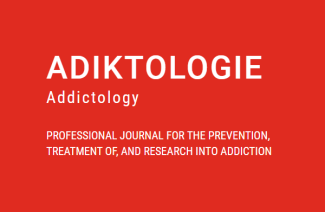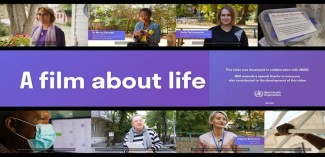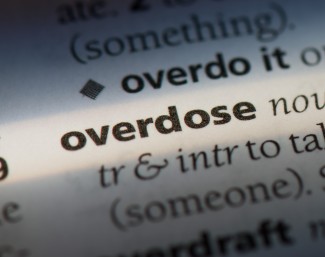Search
Harm reduction drug policy in Israel: what has been accomplished and what still needs to be done?
Профилактика и помощь при передозировках психоактивными веществами
ISSUP Казахстан приглашает вас принять участие в предстоящем вебинаре по теме: 'Профилактика и помощь при передозировках психоактивными веществами'.
Широкое распространение наркотиков, а также использование Интернета для их распространения...
ADIKTOLOGIE Journal 2/21
ORIGINAL ARTICLES
PETRUŽELKA, B., BARTÁK, M., LAŠTOVKOVÁ, J.
Policies, delivery models, and lessons learned from integrating mental health and substance abuse services into primary health care in Ethiopia.
In Ethiopia, noncommunicable diseases (NCDs) represent 18.3% of premature mortality, consume 23% of the household expenditures, and cost 1.8% of the gross domestic product. Risk factors such as alcohol, khat, and cannabis use are on the...
Evaluation of neurotrophic factors and education level as predictors of cognitive decline in alcohol use disorder
Abstract
Cognitive reserve (CR) is the capability of an individual to cope with a brain pathology through compensatory mechanisms developed through cognitive stimulation by mental and physical activity. Recently, it has been suggested that...
Drug overdose: a film about life
Correlates of motivation for treatment among alcohol service users in Uganda
Introduction: Given the scarce literature on alcohol use disorders (AUD) and their treatment in developing countries, this paper aims to explore motivation levels and their correlates among alcohol service users in two residential treatment...
‘Externalising questions in relation to Addictive Thinking’
Externalising question in relation to Addictive Thinking (Self)
- How does addictive thinking get you to use more than you intended to?
- What are some things that give addictive thinking more space?
- How does addictive thinking get you to...
Deconstructing Addiction
This resource has been initiated by Anthony Corballis in conjunction with Dulwich Centre Publications. You’ll find here a range of writings about addiction and ways of responding to alcohol and other drug use.
Overdose recognition and management: Reading list
According to the World Health Organisation, around half a million deaths each year are attributable to drug use. More than 70% of these deaths are related to opioids, with more than 30% of those deaths caused by overdose. Signs, symptoms...
Periods of altered risk for non-fatal drug overdose
The risk of an individual overdosing is influenced by a range of, often overlapping circumstances. Factors such as incarceration, mental and physical health conditions, and the treatments prescribed for these conditions can all affect the...
Reprint of: Biotechnologies and the future of opioid addiction treatments
Biotechnological treatment, including addiction treatment, is the way of the future. Researchers and pharmaceutical companies praise depot injections, agonist/antagonist implants, deep brain stimulation, and hapten conjugate vaccines as...
Identifying content-based engagement patterns in a smoking cessation website and associations with user characteristics and cessation outcomes: a sequence and cluster analysis
Tobacco smoking is the greatest cause of sickness and early death worldwide, with 8 million people dying each year from a smoking-related condition. The use of pharmaceutical or behavioural assistance improves smokers' chances of quitting...
Consumo de sustancias psicoactivas en mujeres privadas de libertad: Enfoque general y evidencias recientes
ISSUP Argentina realizó un webinar presentando un marco inicial general y evidencia sobre la caracterización y abordaje del uso problemático de sustancias en la población de mujeres privadas de libertad.
El webinar tuvo lugar el martes 12...
Latin American Journal of Mental Health and Therapeutic Communities- Call for Papers
The Latin American Journal of Mental Health and Therapeutic Communities (RELASMECT) is an initiative that gather professionals from all over Latin America, the Caribbean, Europe and the United States, focused on the creation and...
Evidence-Based Approaches to Opioid Overdose Recognition and Management: Share the Facts – Save Lives
WHO-UNODC “Stop Overdose Safely (S-O-S)” initiative
Overdose is the leading cause of avoidable death among people who inject drugs.
The ‘Stop Overdose Safely’ is a joint initiative from UNODC and the World Health Organization (WHO) to address opioid overdose and provide life-saving...
Opioid overdose information page
Worldwide, about 500 000 deaths are attributable to drug use. More than 70% of these deaths are related to opioids, with more than 30% of those deaths caused by overdose.
This information page, put together by the World Health...
Recognising the human need for community in addiction treatment
Over the past two years, in an attempt to reduce the spread of coronavirus, countries around the world have imposed a range of restrictions and social distancing measures. For social scientists and practitioners, this has led to discussion...







